Growing an unconventional learning environment can come with challenges but there are pathways to ensure a new learning environment thrives. As an education entrepreneur (edupreneur), you’re not just shaping physical spaces; you’re crafting platforms for growth, empowerment, and meaningful connections. Of course, at the forefront of your venture is ensuring the safety and well-being of the kids and families who rely on you for tailored educational experiences. As you traverse the stacks of local codes, ordinances, and other regulations, allow this article to be your guide, and remember that Edupreneur Support exists so that you don’t have to navigate these confusing waters alone.
Fire Codes
Every state, county and/or municipality adopts its own fire code or regulations, and the codes typically have specific requirements that apply to certain education environments. Edupreneurs should anticipate that the fire code(s) will apply to their unique learning environments (ULEs) unless an exemption exists. Most fire codes are based upon the National Fire Protection Association fire code or the International Fire Code. These codes impose specific requirements on the use of a building by six or more persons for more than four hours a day or cumulatively over 12 hours per week for educational purposes through the twelfth grade. Unless there is an exemption, the fire code may impact your ULE’s layout, materials, and escape routes in case of emergency. To find out what fire codes are applicable or whether there is an exemption that applies to your ULE, you can contact your local state Fire Marshall’s office. But be aware, that may not be the end of the inquiry. Counties and municipalities may enact fire code ordinances that are more stringent than the state fire code. County or city ordinances are usually available on your county or city’s website or through your local fire department.
Building and Occupancy Codes
Most states have adopted the International Building Code where any facility or building that uses a portion or all the facility for educational purposes (educating or providing educational services to children K-12) with 6 or more people at any time at the facility is subject to state and local building codes. Due to this, you will need to check with the building department in the county or city where your learning environment is located to ensure your building is in compliance. In addition, municipalities may also require individuals and businesses to obtain an occupancy or use permit. The permit process often verifies that the business meets applicable regulatory requirements such as zoning, health, and safety codes. You can contact your local building code enforcement office to find out how to obtain a permit for your learning environment. Your local building department’s website may have more information related to permits or applicable building codes to your specific learning environment.
Zoning
Zoning ordinances also affect how a building can be used, typically outlining areas within a city that are used for residences, light commercial activity, heavy industry, or for schools. These terms are typically defined within the zoning ordinances. Applicable ordinances may also include regulations that affect parking, traffic flow, pedestrian access, or determining the conditional or permitted uses of property in a specific area. Generally, it is the local governing body that makes and enforces zoning ordinances. Local zoning offices often have links to relevant zoning laws applicable to your learning environment and can help you determine whether the location you want to use is zoned for your type of ULE.
Other types of regulations
Some ULE’s activities may involve other types of regulations. Such regulations may include sanitation or food handling rules. Home based ULEs may be affected by use restrictions contained in homeowners’ associations or deed restrictions. Information may be available on the websites of your state or local board of health or your community HOA website.
Understanding the regulatory landscape can help you minimize risk and avoid confrontations with local regulatory agencies that often have the authority to impose costly fines or other violations that can shut your business down.
Edupreneur Support is a free resource to help you focus more on serving the unique needs of kids and families in your community. Request personalized assistance at YesLegal.org.
